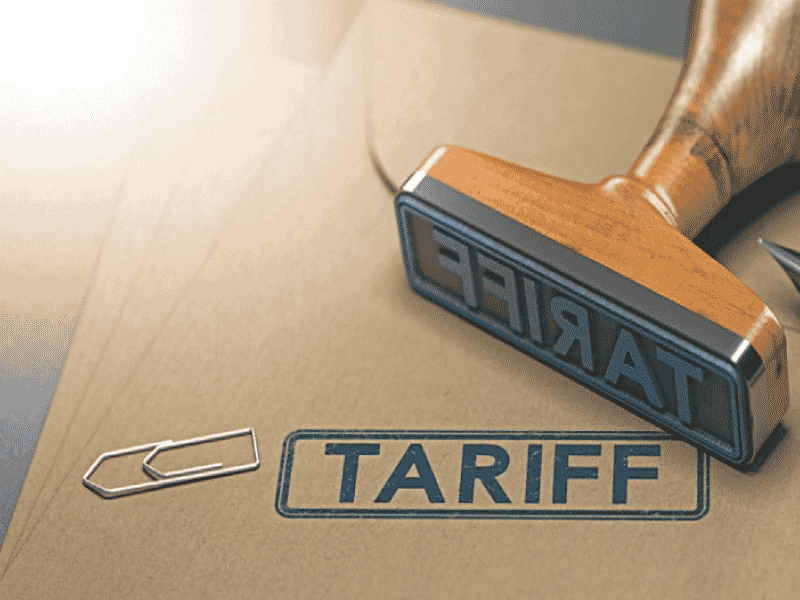Tariff Reduction And Functional Income Distribution In Pakistan: A Cge Model
In Recent Empirical Literature, There Is Ample Evidence That Most Protectionist Policies, I.E., Import Control (Tariff And Non-Tariff Barriers), Discrimination Against Exports And Over Valued Exchange Rate, Result In Inefficient Use Of Resources. While Economic Theory Also Suggests That Reduction Of Impediments To Free Trade Would Make The Structure Of Production In Ldc’S More Consistent With Their Comparative Advantage, Resulting In A Higher Rate Of Economic Growth. In Particular, Comparative Advantage Promotes Specialisation In Goods And Services That Use Abundant Local Resources (For Example, Labour In Most Developing Countries) More Intensively. This Would Increase The Productive Employment, Which Is Most Effective And Efficient Instrument For Poverty Reduction. This Hypotheses Is Confirmed By East Asian Countries’ Experiences [Khan (1997)]1 . Thus, Integration With The Global Economy Is Expected To Have Positive Impact On Economic Growth, Improve Income Distribution, And Reduce Poverty




